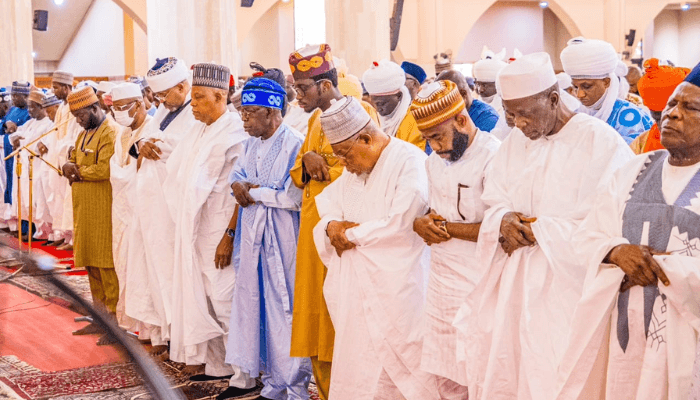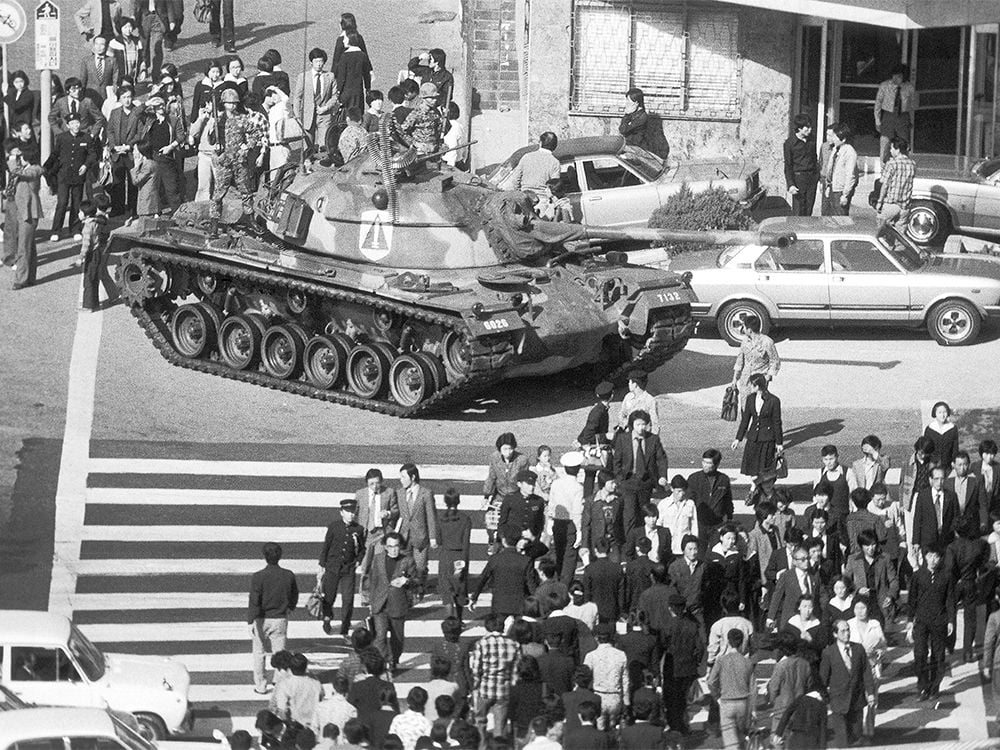Opinion: It’s time to consider nationalizing Canada’s railways
Politics tamfitronics
A partial nationalization of Canadian National Railway Co. and Canadian Pacific Kansas City Ltd.’s Canadian assets and operations would mean the companies could continue operating the rest of their North American networks as private companies, and potentially work out future collaborative arrangements with the new nationalized rail entity.Jeff McIntosh/The Canadian Press
Taylor C. Noakes is an independent journalist and public historian.
Labour Minister Steve MacKinnon’s move to push for binding arbitration in the dispute between railway companies and their workers confirmed what was obvious to most Canadians: Railways are vital to the national economy.
What is less obvious is that the country’s principal railways – which have both benefited immensely from direct and indirect public financial and political support since their creation – have demonstrated they really don’t care about their workers, the country or the economy.
Yes, both sides bear responsibility for how events escalated into a shutdown, and the Teamsters Canada Rail Conference issued a fresh strike notice just a day after Mr. MacKinnon‘s directive. However the events unfolded, let’s not forget how they began.
These negotiations have been going on for a long time, and the Teamsters have been consistent and clear that improving safety and working conditions are their primary concerns. It is the railways who appear to have negotiated in bad faith.
As such, we should consider at least a partial nationalization of Canadian National Railway Co. CNR-T and Canadian Pacific Kansas City Ltd.’s CP-T Canadian assets and operations. The companies could continue operating the rest of their North American networks as private companies, and potentially work out future collaborative arrangements with the new nationalized rail entity.
Having private, profit-driven interests in charge is neither smart politics nor a wise plan for an essential work force operating vital national infrastructure. Far from a sunset industry, the importance of Canada’s railways is likely to increase over the course of this century. A growing population and national economy will need safe, secure and, above all else, reliable railway operations, and freight is only part of the equation.
Commuter rail operations in Canada’s three largest cities all depend on CN and CPKC functioning normally. So does Via Rail. The disruption to public commuter rail caused by the shutdown is further evidence that these tracks should not be in the hands of private companies.
Climate change will absolutely necessitate the expansion of commuter rail networks, as well as the growth of intercity rail networks, and eventually, a national high-speed network.
None of this necessary growth will be possible if the future of Canada’s railways is dictated by evidently myopic C-suite or shareholder interests. The quick buck is made in cutting costs, not planning for long-term growth, and this is what railway workers are evidently concerned about. Working conditions seem to be barely passable, let alone sufficient to attract, retain and develop a professional and expert work force.
Nationalization offers a path forward in that it recognizes railways as a vital national service – one in which profitability should take a back seat to the necessity of happy, healthy workers operating a safe and secure national infrastructure for everyone’s mutual benefit. The profit motive is fine and well for the enterprising entrepreneur, but not for infrastructure critical to the nation’s economy and, eventually, the decarbonization of intercity and inter-regional transit and transport.
Nationalization isn’t a panacea, nor will it necessarily prevent strife between labour and management. Federal and provincial workers negotiate contracts all the time, and occasionally they go on strike. But the repercussions for a government are much higher in such an event – there’s a political dimension that private interests are shielded from – and Ottawa would be under pressure to resolve disputes quicker.
And it goes without saying, the federal government would have little more to do than ensure the best conceivable working conditions and the safest possible railway infrastructure. There’s less incentive to cut costs when running a revenue-neutral public service than there is a for-profit business.
If history is any guide – and it should be – nationalization is our best bet. CN, as an example, was originally a Crown corporation, created after so many private railways failed that it became a national crisis. Our current situation isn’t fundamentally different if today’s railways can’t meet their workers’ basic requirements or address their pressing concerns without forcing government intervention. It is a clear signal those running the railways have failed at their principal responsibilities.
It’s not just the historical example we might follow: Britain’s new Labour government announced a total passenger rail “renationalization” within five years as one of its first major policy announcements. As demand for high-speed passenger service and concerns about private railways’ safety records grow, some American publications have also called for beginning the discussion on nationalization.
Canadians have been told for generations that railways built the nation, but this is inaccurate. It was the nation that built the railways.
Shouldn’t they be working for us?
Editor’s note: A previous version of this article incorrectly referred to Steve MacKinnon as the Transport Minister. He is the Labour Minister. This version has been updated.
Discover more from Tamfis Nigeria Lmited
Subscribe to get the latest posts sent to your email.



 Hot Deals
Hot Deals Shopfinish
Shopfinish Shop
Shop Appliances
Appliances Babies & Kids
Babies & Kids Best Selling
Best Selling Books
Books Consumer Electronics
Consumer Electronics Furniture
Furniture Home & Kitchen
Home & Kitchen Jewelry
Jewelry Luxury & Beauty
Luxury & Beauty Shoes
Shoes Training & Certifications
Training & Certifications Wears & Clothings
Wears & Clothings















